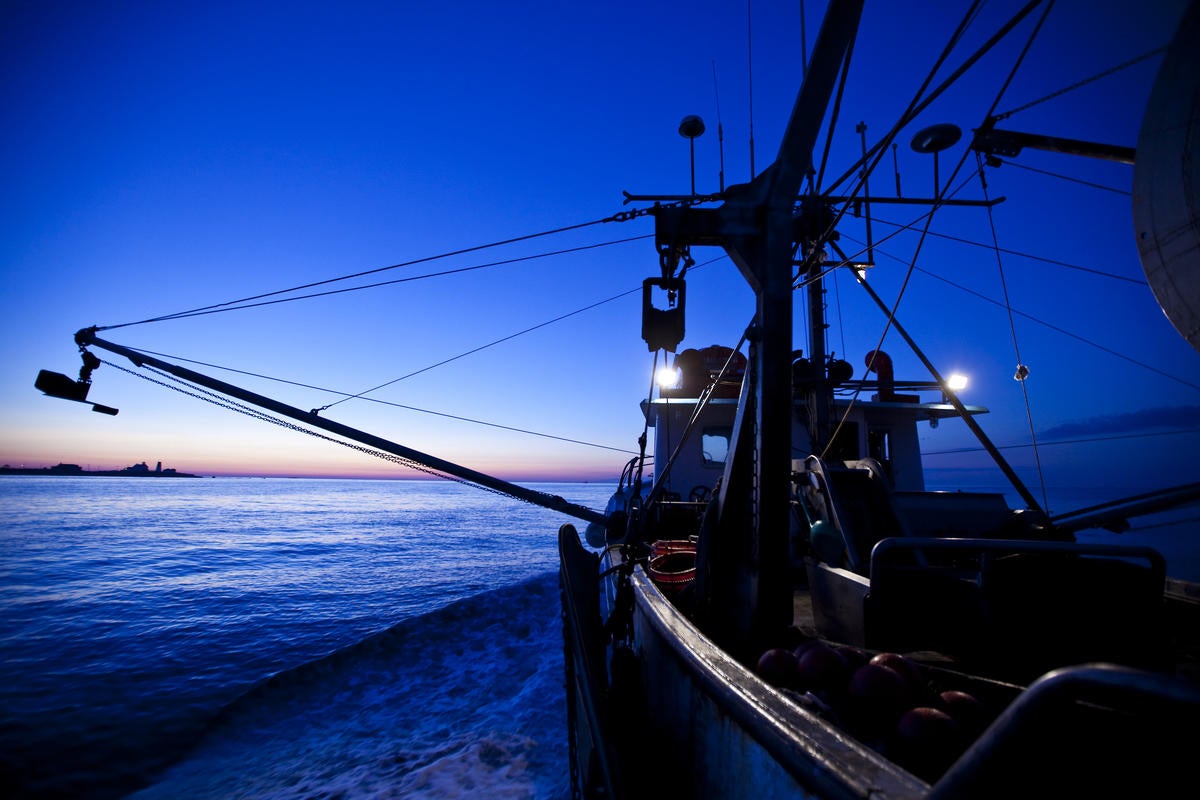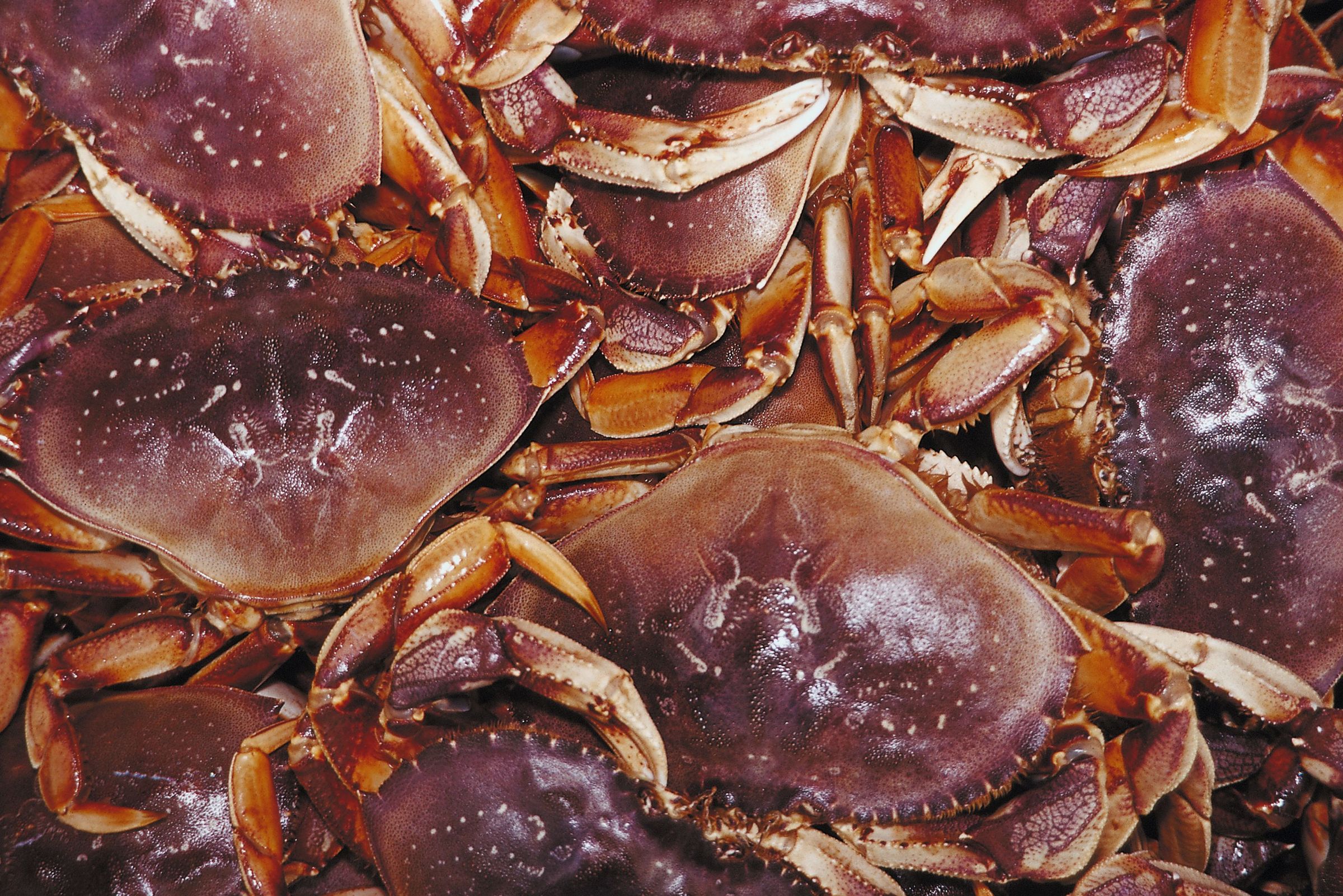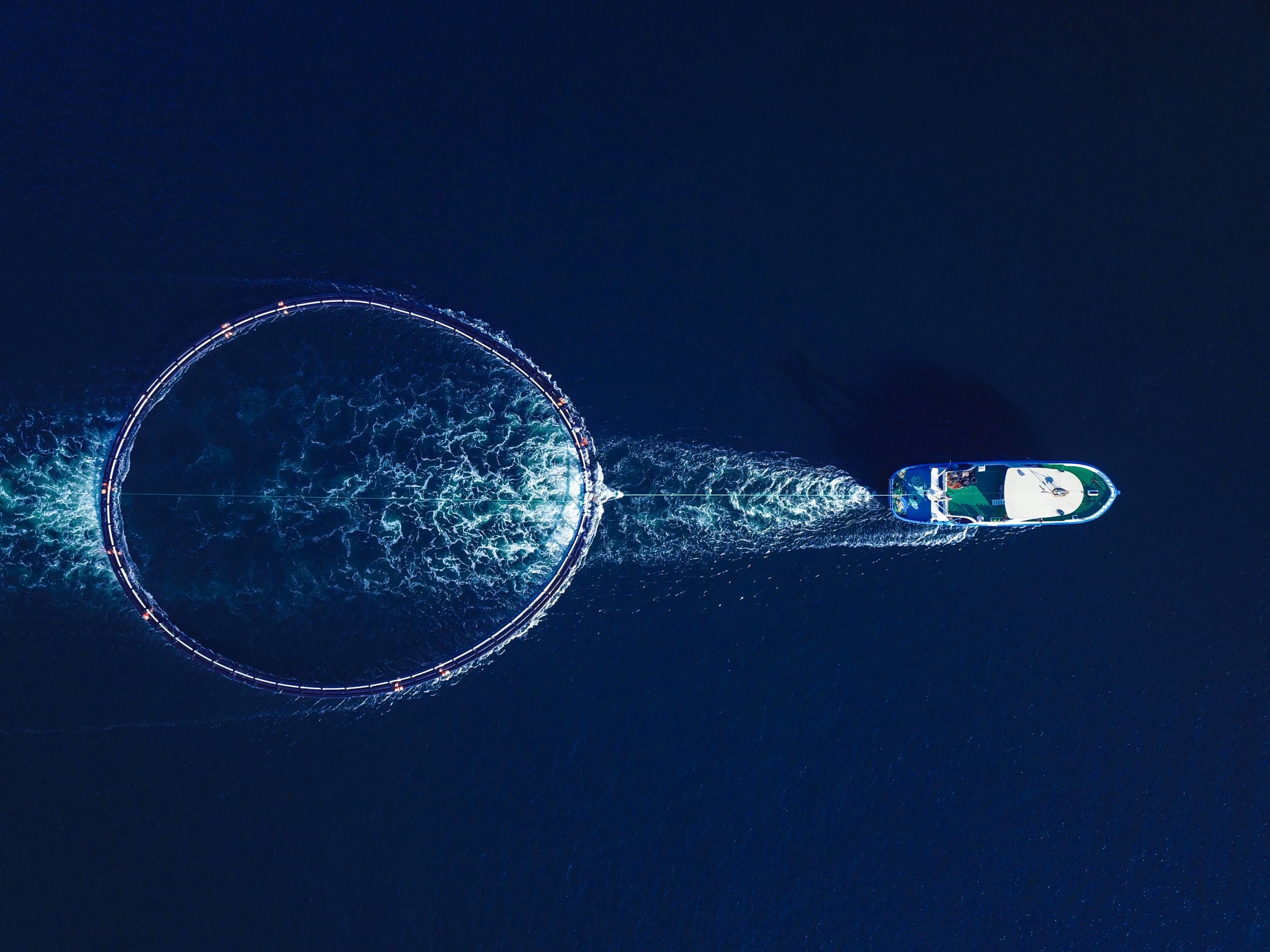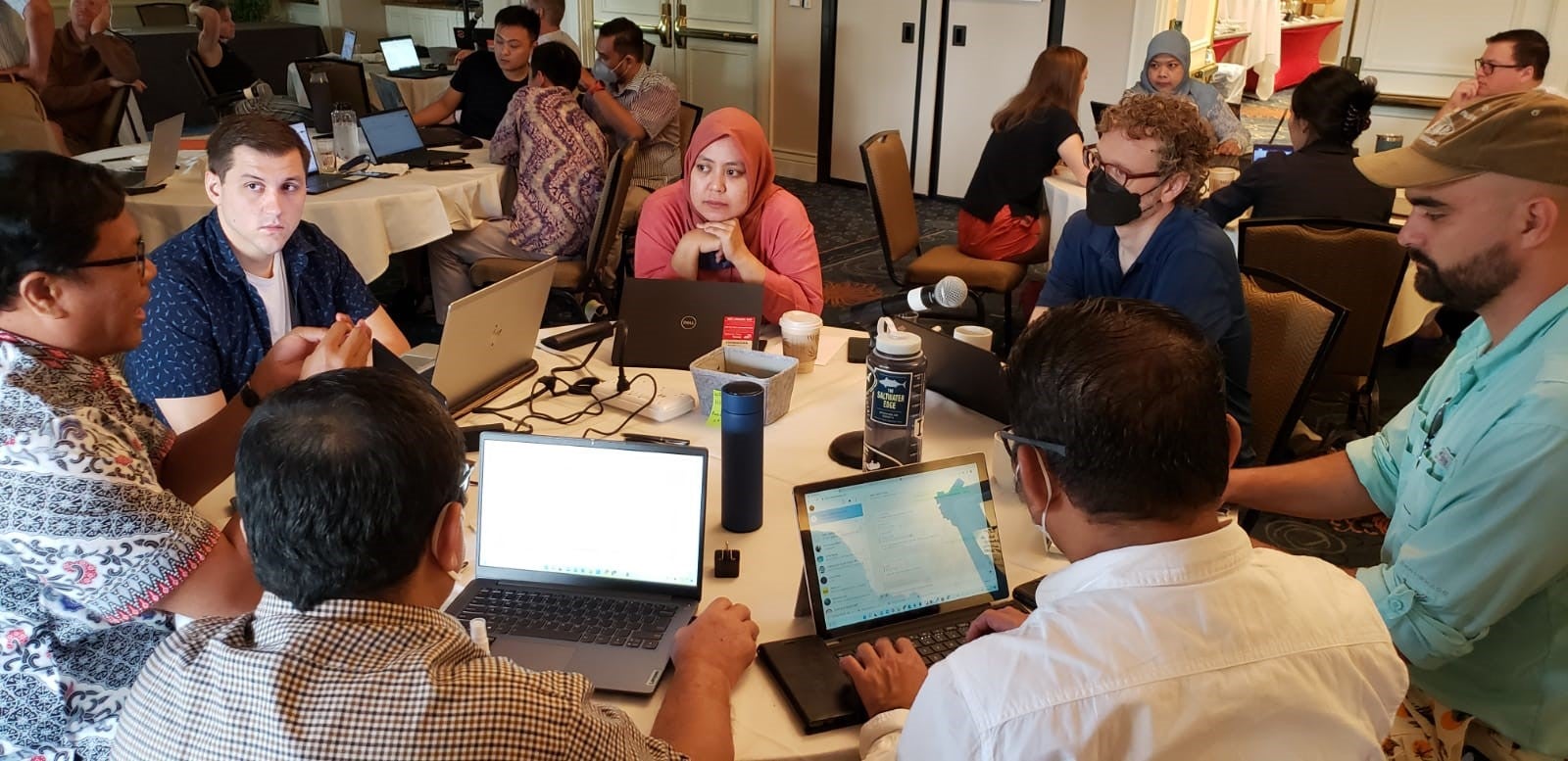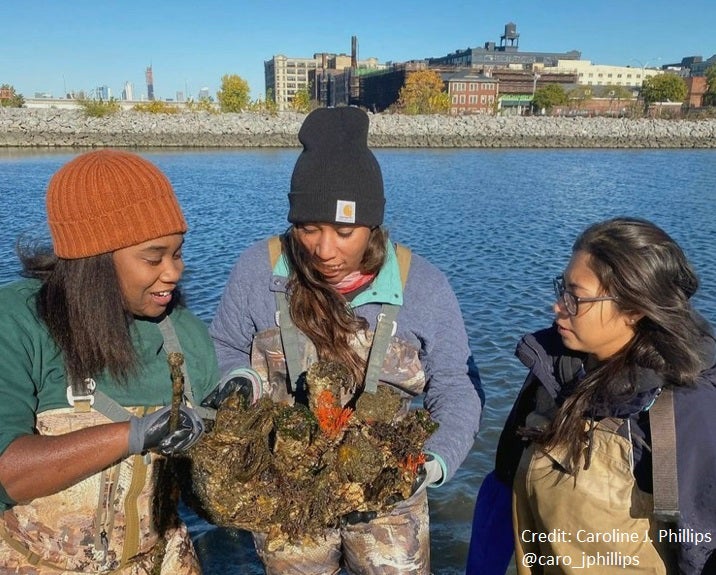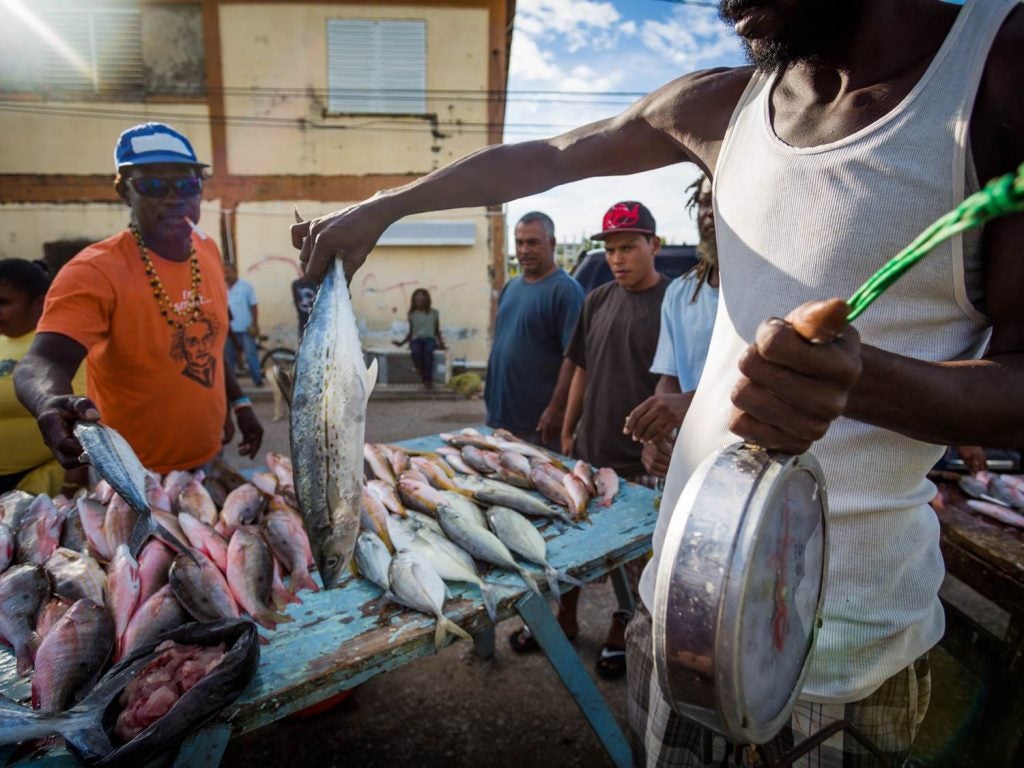The impacts of climate change are already apparent in U. S. offshore waters, creating challenges for fisheries, fishing communities and fisheries management. Examples of climate impacts are prevalent across all regions of the coastal U.S. As ocean temperatures warm, species distributions are shifting. For instance, market squid moving up the West Coast from Baja California to Oregon spurred a harvest boom in the Pacific Northwest. Species, including blue crabs and black sea bass, are shifting northward on the Atlantic coast. Read More
EDFish
Prioritizing Climate Resilience in United States Fisheries
Finding the lowest-hanging fruits to improve crustacean fisheries with limited data and capacity
By Nathan Willse, Stony Brook University, and Harlisa Harlisa, Environmental Defense Fund
Crustacean fisheries offer enormous opportunities as high-value and potentially resilient alternatives to over-exploited finfish stocks. However, rising global demand for crustacean products and rapid environmental change call for an increased focus on the sustainable management of crustacean stocks. While landings, the catch received from a harvester, of crustaceans are on the rise globally as traditional finfish landings are declining, effective fishery management is hampered in many geographies by limited data availability and capacity for data collection and processing.
Expert Q&A: What we need to know to ensure aquaculture in offshore US waters is done right
As global populations grow and fish populations shift or even shrink, one thing is clear: offshore aquaculture in the United States is a matter of when not if. But it’s also a matter of how. Because as demand for safe, delicious, low-carbon seafood grows, we must also ensure that offshore seafood farming in United States waters does not negatively impact marine ecosystems or wild capture fisheries. And according to a new report, Toward an environmentally responsible offshore aquaculture industry in the United States: Ecological risks, remedies, and knowledge gaps, building a robust regulatory framework to ensure that requires more studies and more data.
We talked to some of the report’s authors to better understand what we know, what we need to know, and where we go from here:
Building international collaboration in a remote world: Finding the resilience within to build resilience in crustacean fisheries
By Jeff Young, Kristin Kleisner and Yong Chen
As climate change and overfishing continue to impact coastal communities worldwide, crustacean fisheries provide an opportunity for hope. Crustacean fisheries, consisting of species such as crabs, shrimps, prawns and lobster, provide a critical source of food, jobs, and income for coastal communities worldwide. These species tend to reproduce quickly and therefore have traditionally been considered more resilient to overfishing, which has contributed to crustaceans representing an increasing share of the global catch in many parts of the world. With overfishing and climate change continuing to pose threats to fisheries worldwide, crustaceans provide a critical opportunity for diversification and greater stability in livelihoods, assuming they can be managed well. Read More
Inclusivity & Aquaculture: An interview with Imani Black
A sustainable aquaculture industry in the United States has the potential to provide both environmental and economic benefits — and EDF is committed to supporting legislation that prioritizes strong regulations while supporting the industry’s efforts to make sure those benefits are felt broadly. That’s why EDF connected with Imani Black, founder of Minorities in Aquaculture, or MIA, to understand how we can foster more diversity and inclusivity in the traditionally white, male aquaculture industry. Read our conversation below to learn why Imani founded MIA, her prescriptions for a growing industry and why she believes the work she loves can give everyone an equal opportunity to thrive. Read More
Fish: the missing ingredient in addressing global malnutrition
One of the things I focus on in my role as a climate scientist is understanding the impact of climate change on ocean fish populations as well as better fishery management practices to help ensure the continued delivery of seafood and livelihoods for millions of people around the world. Critically, the world is confronted with the challenge of increasing access to healthy food for a population that is expected to reach 10 billion by 2050. This summer, as people around the world take to the beaches and coastlines for some relaxation and enjoyment, it’s valuable to remember the major role oceans have in supporting human sustenance. Read More
